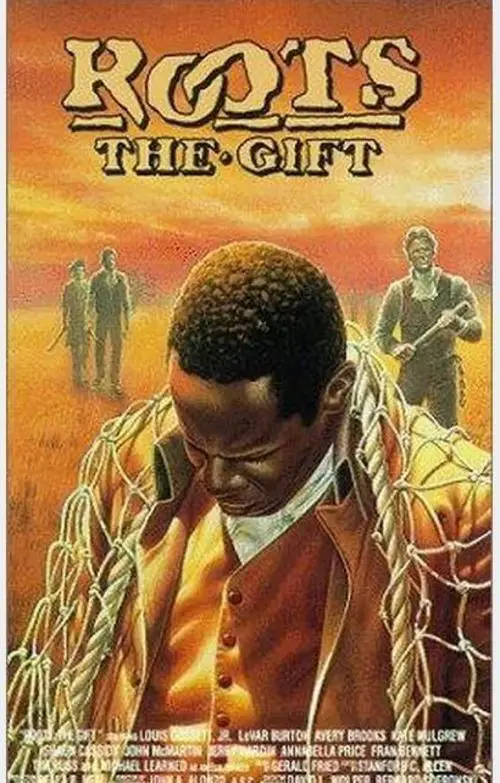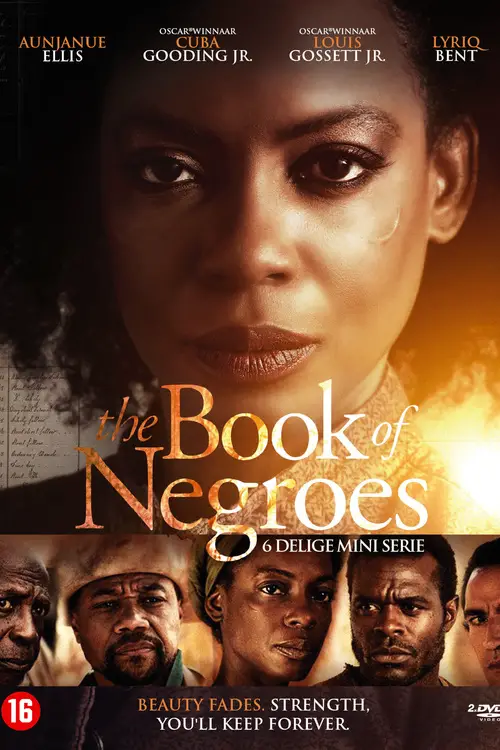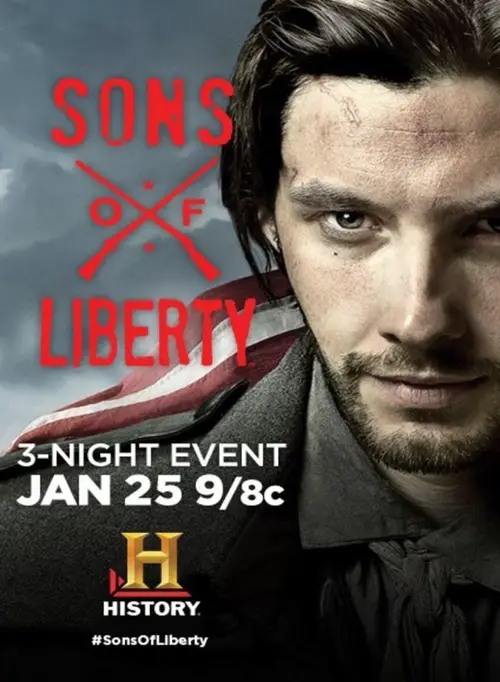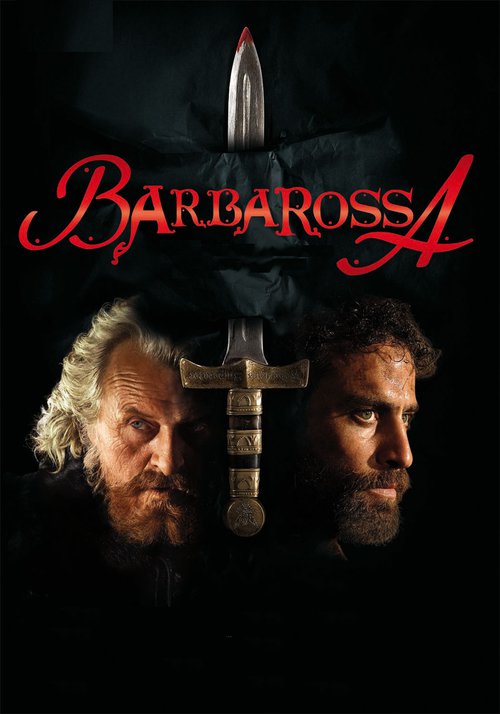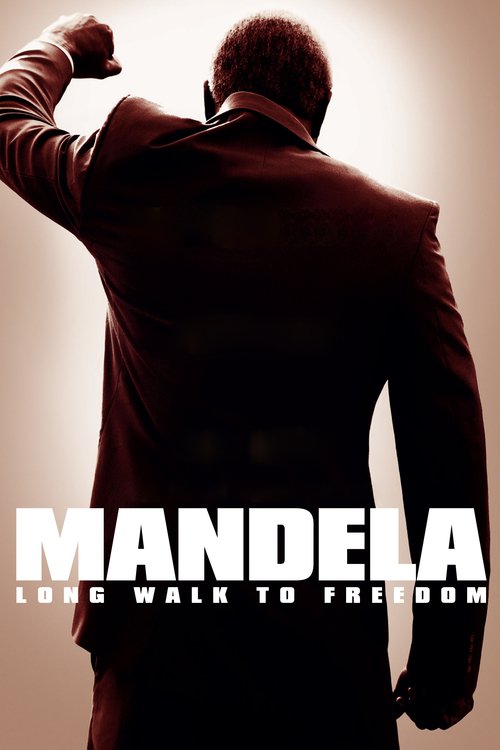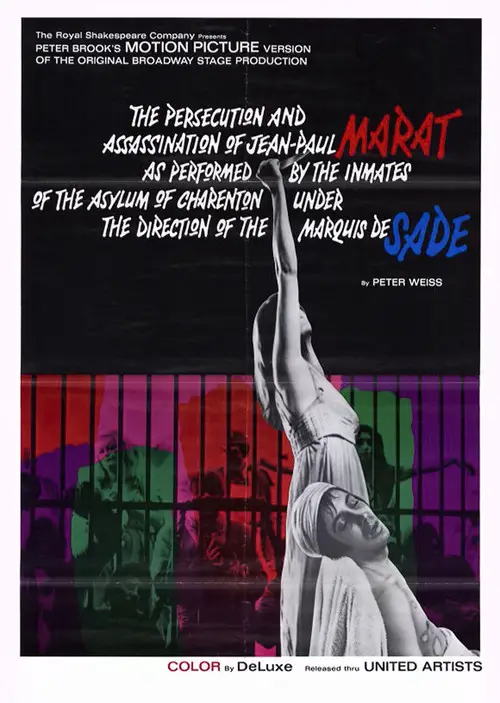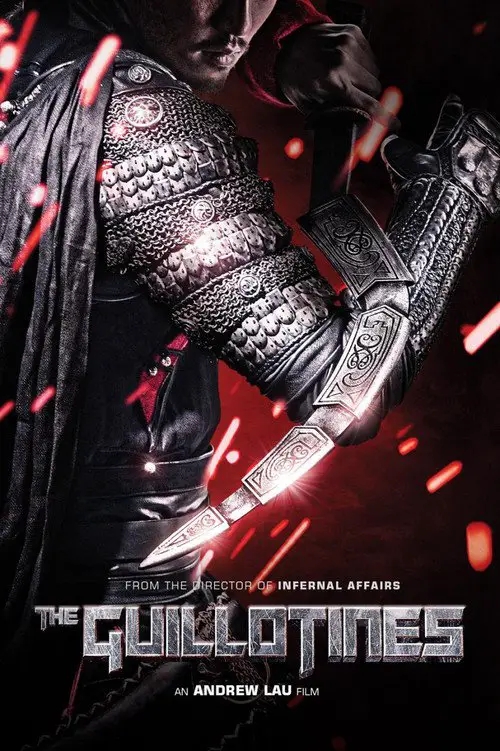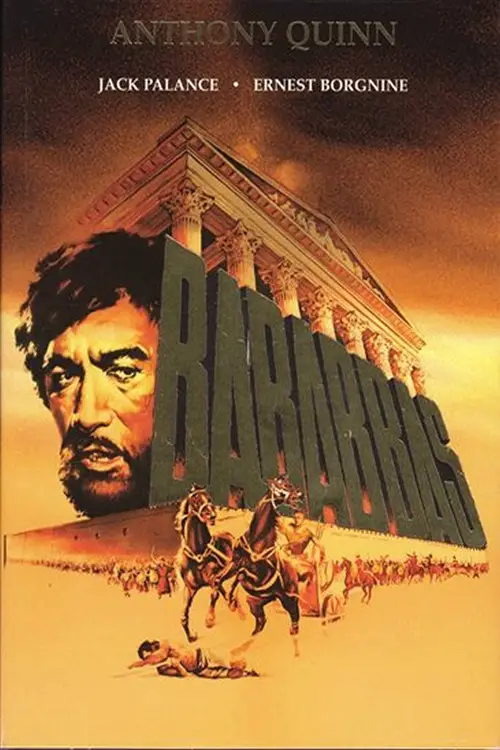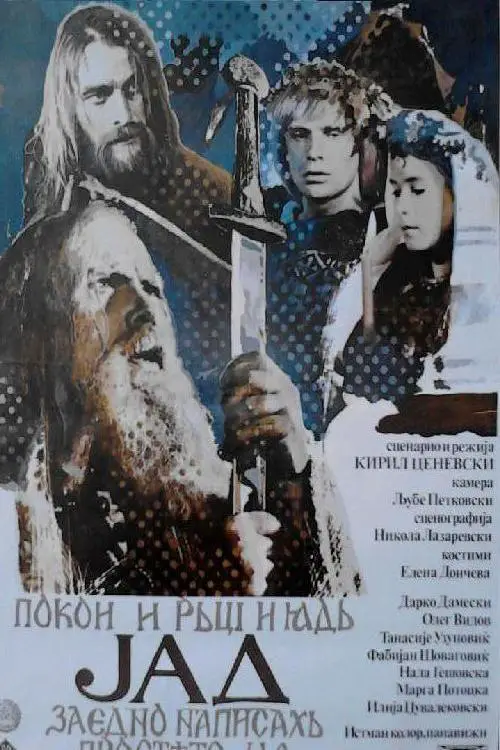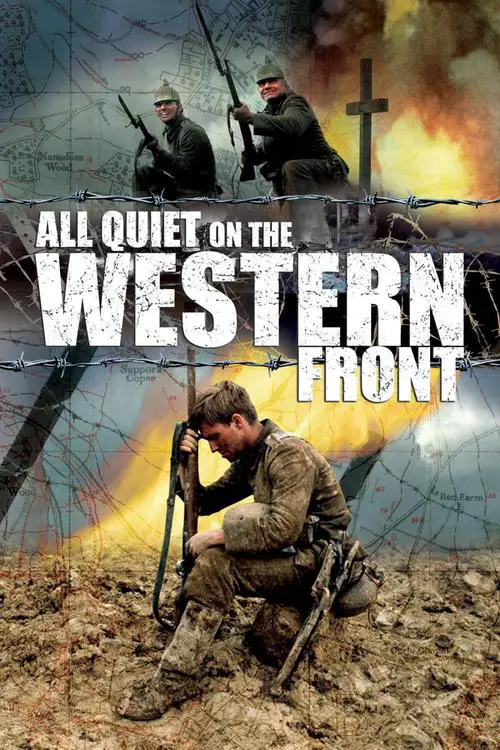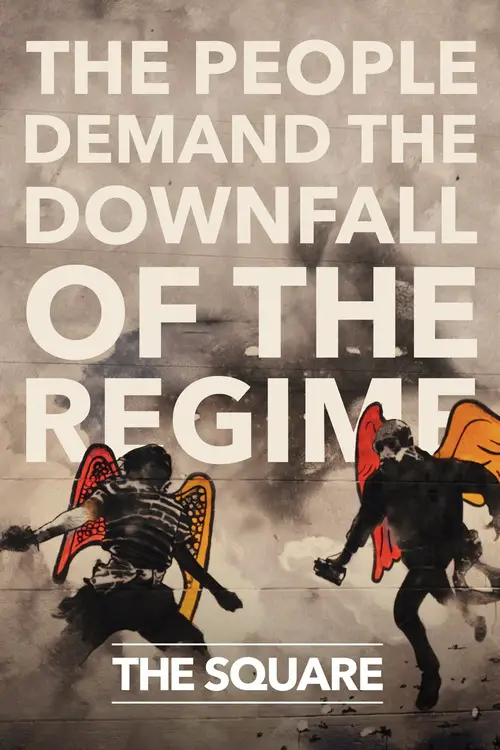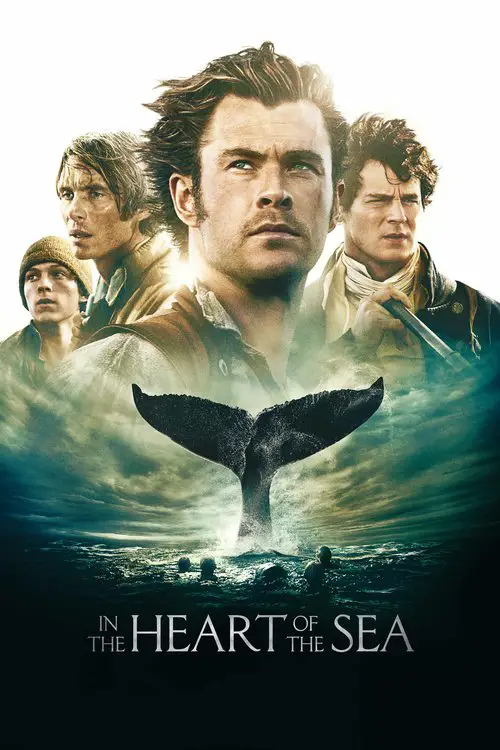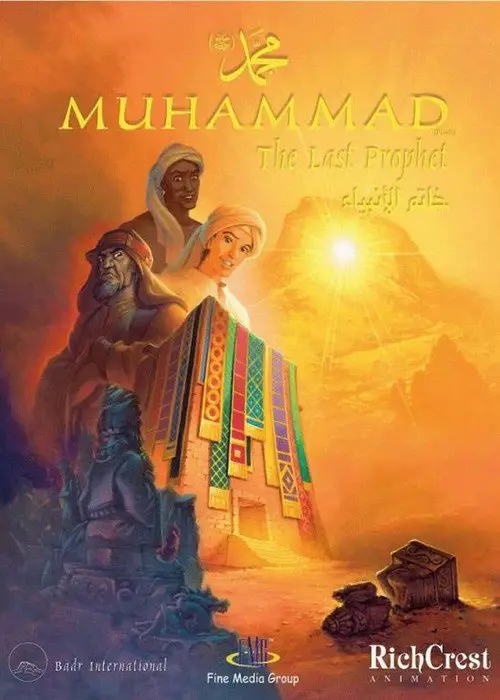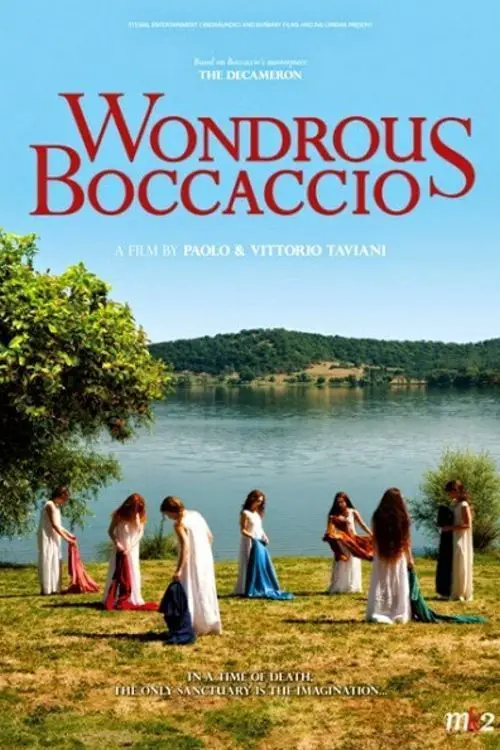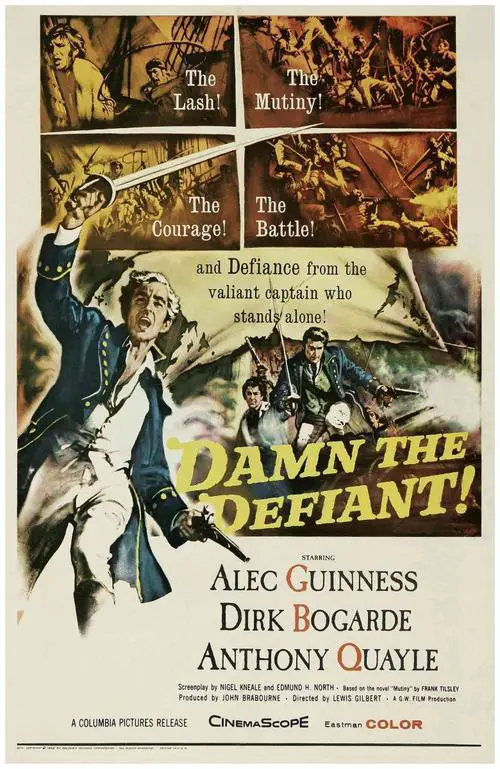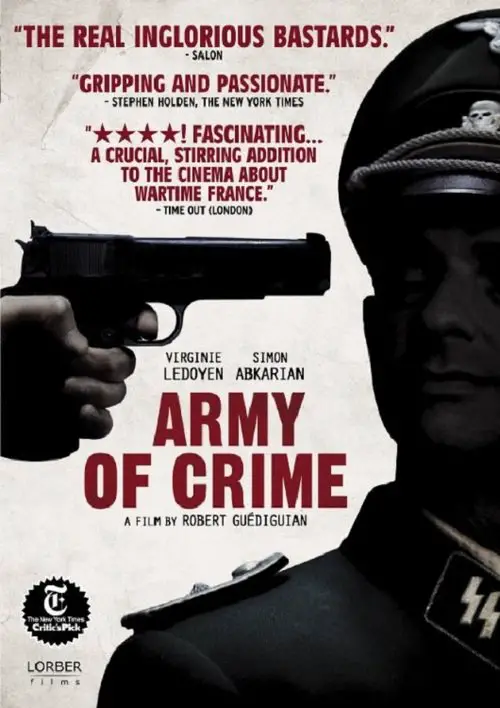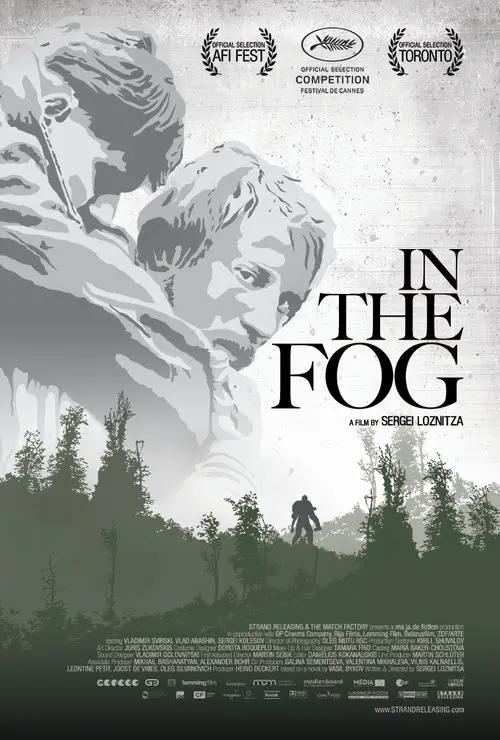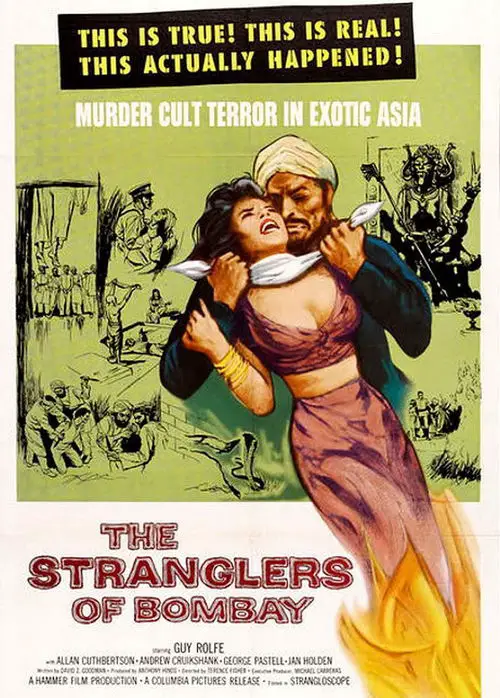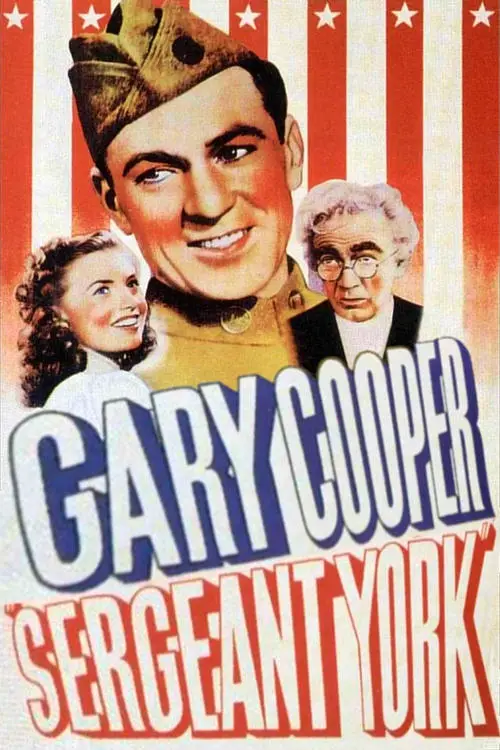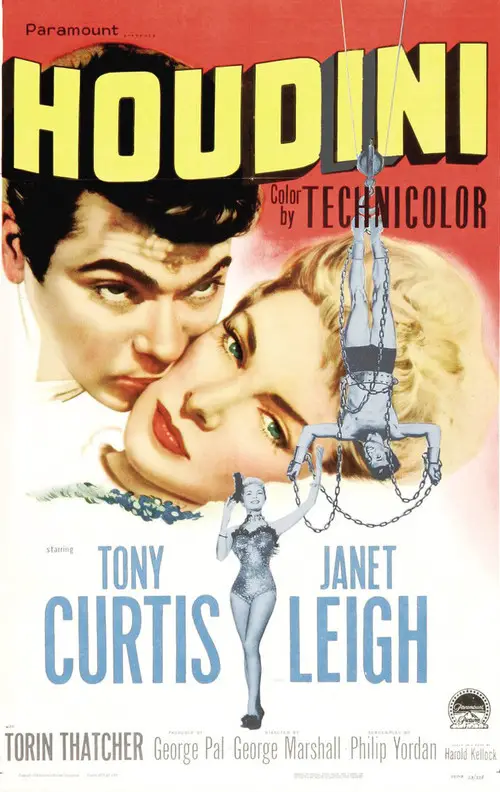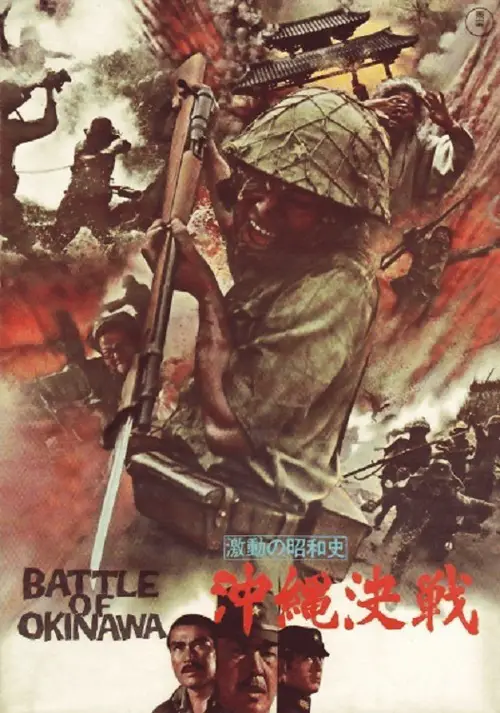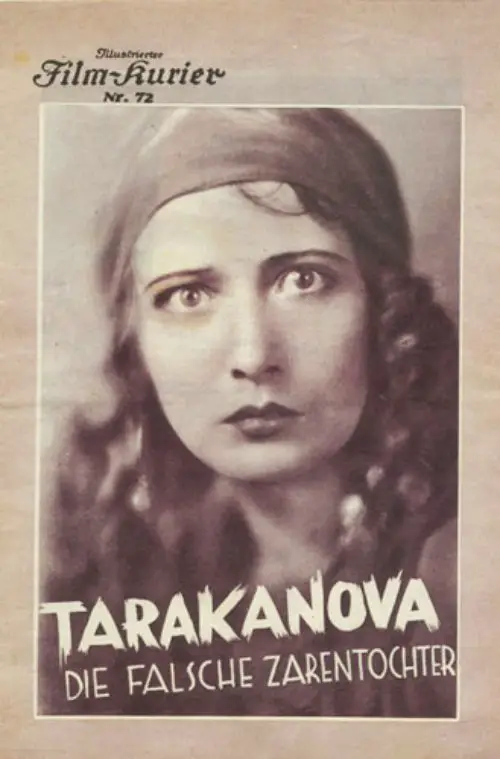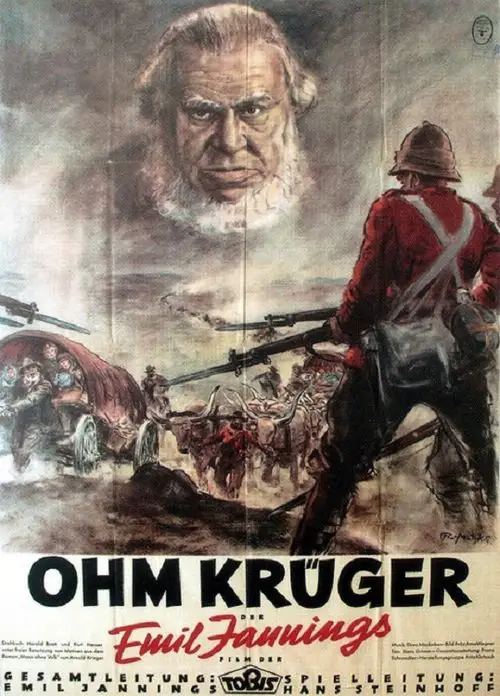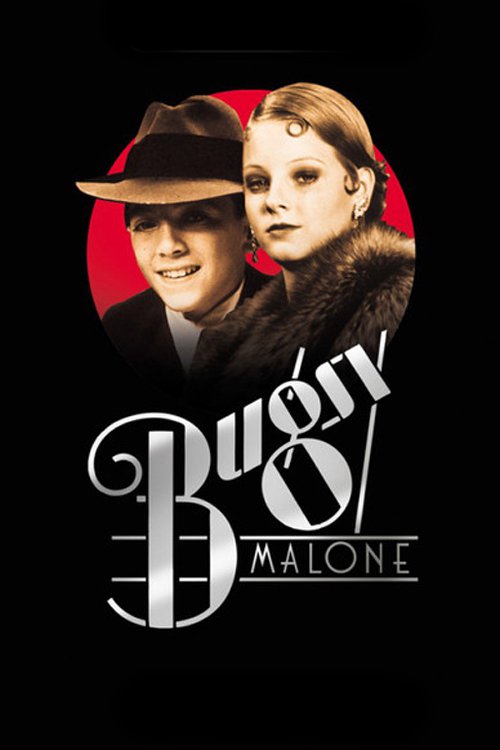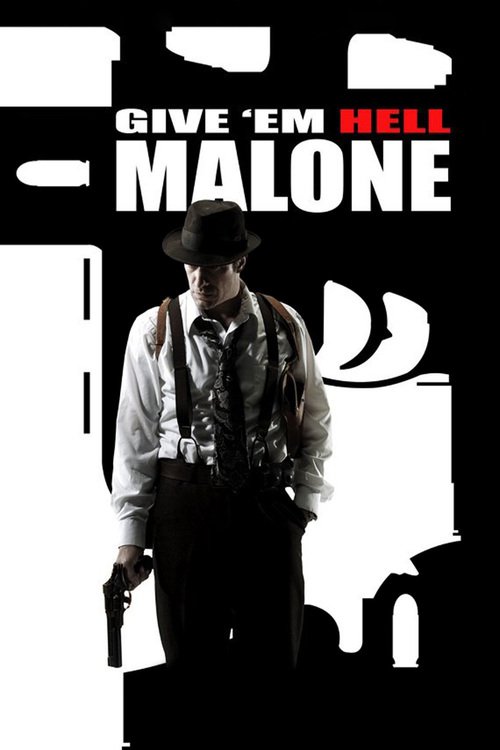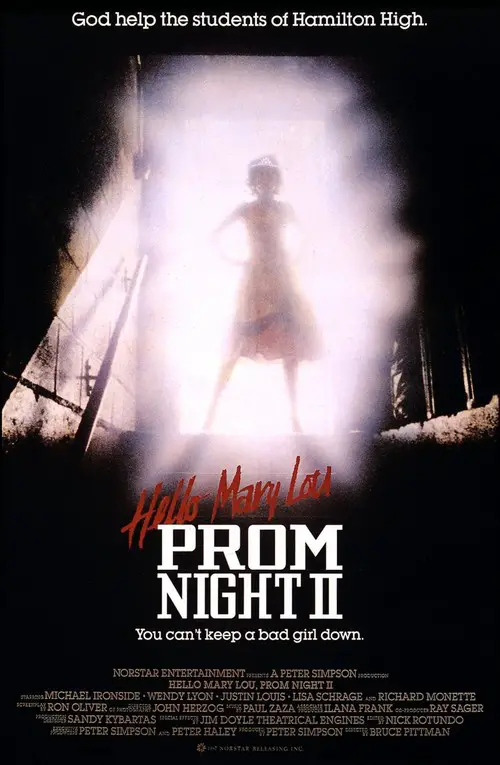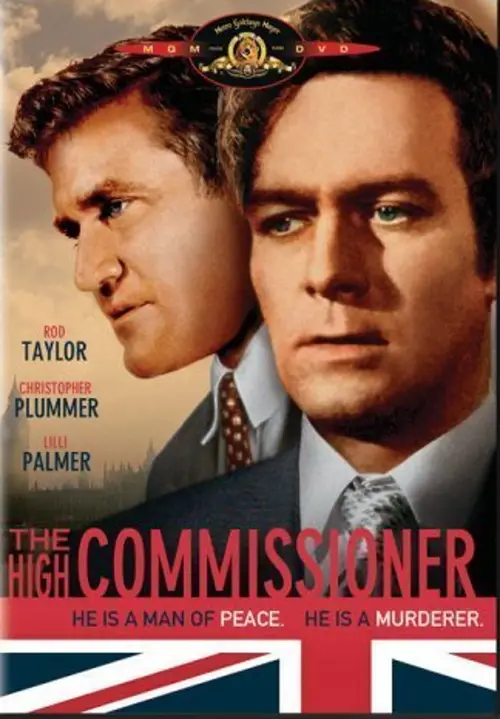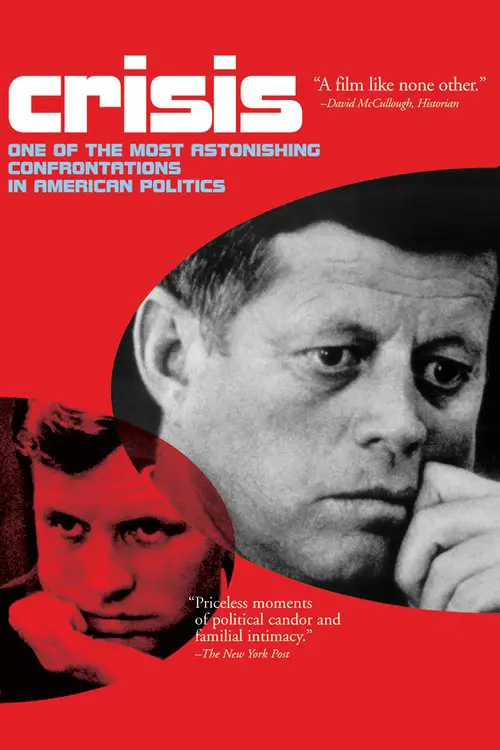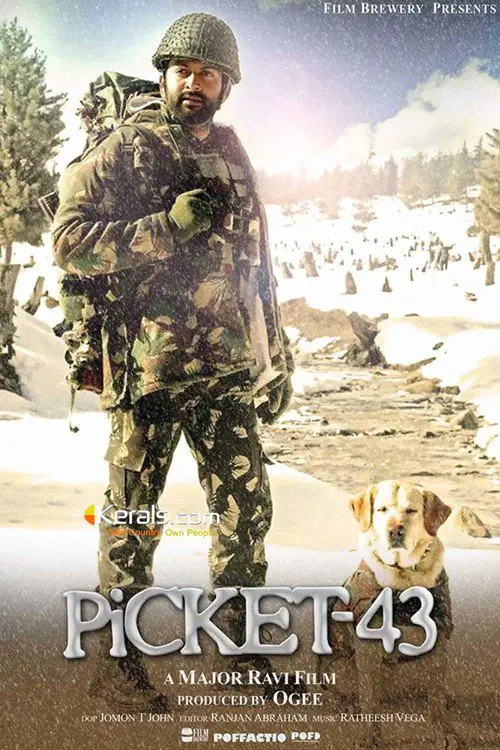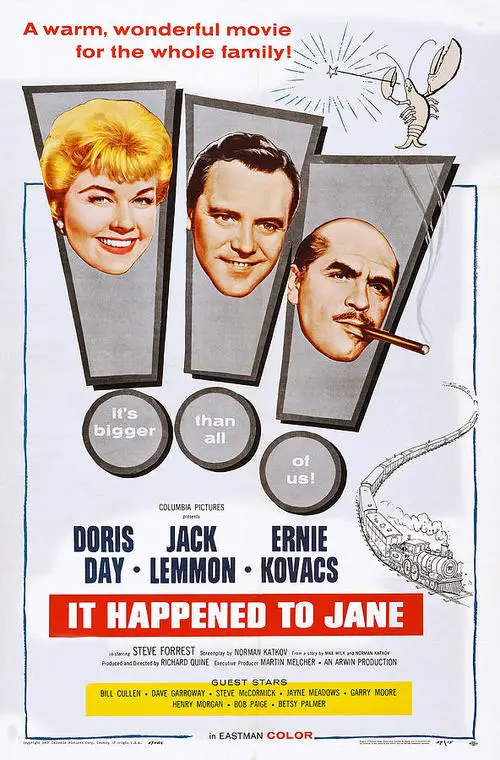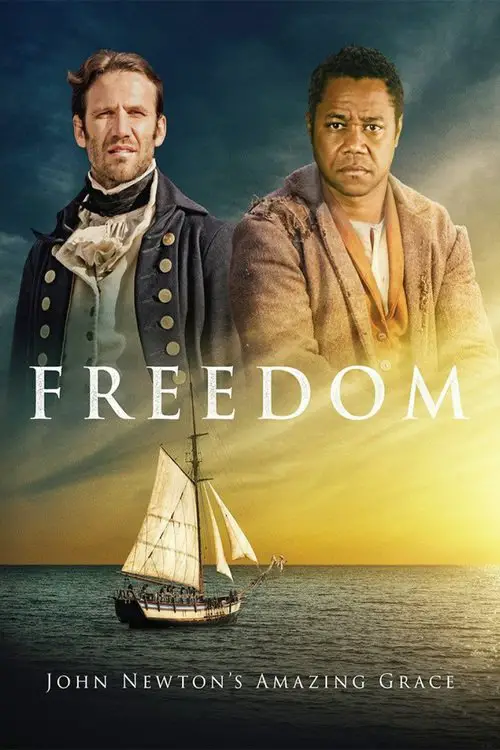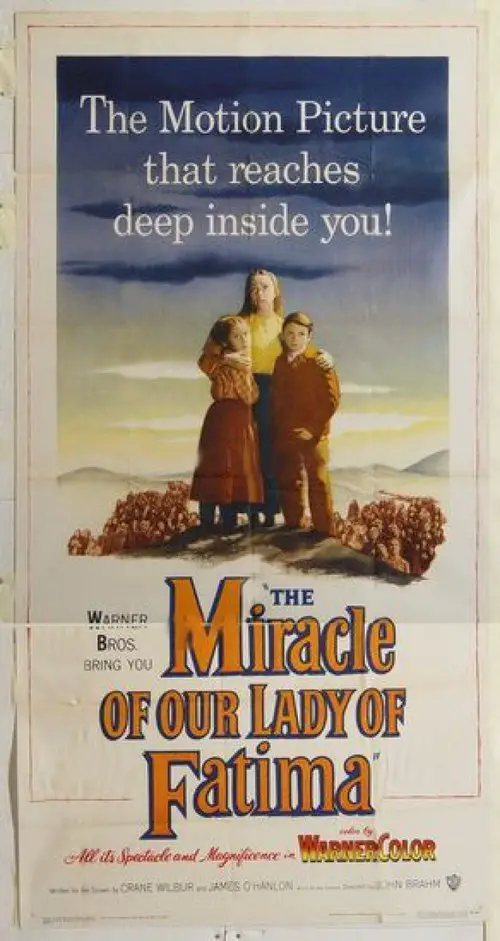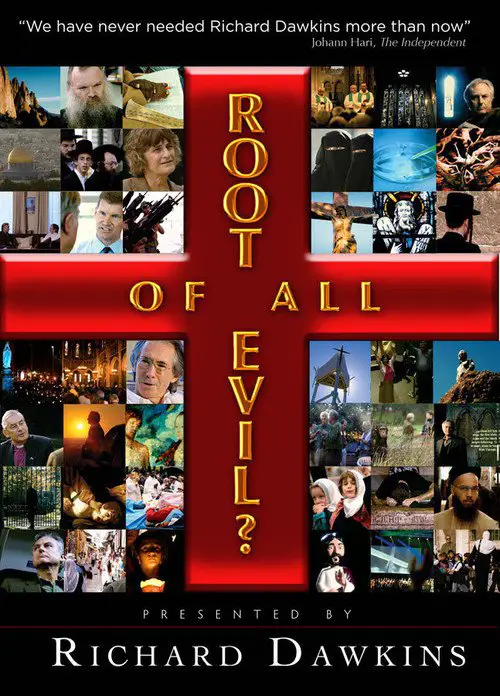Alone Yet Not Alone (2013)
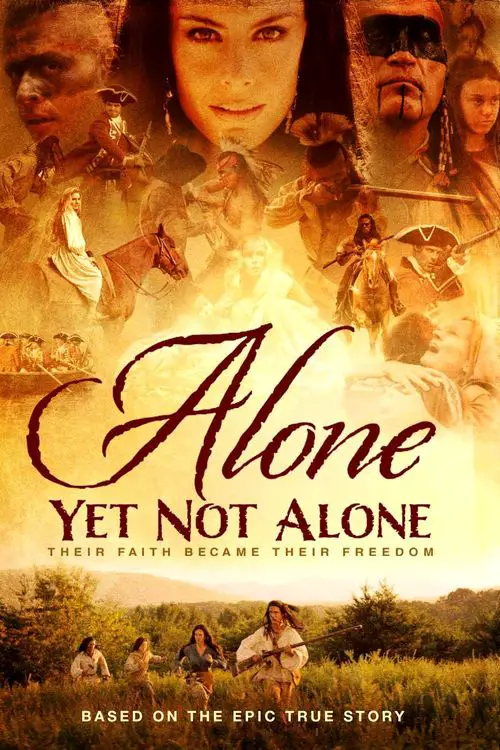
Similar movies
This movie tells the true story of John Reed, a radical American journalist around the time of World War I. He soon meets Louise Bryant, a respectable married woman, who dumps her husband for Reed and becomes an important feminist and radical in her own right. After involvement with labor and political disputes in the US, they go to Russia in time for the October Revolution in 1917, when the Communists siezed power. Inspired, they return to the US, hoping to lead a similar revolution. A particularly fascinating aspect of the movie is the inclusion of interviews with "witnesses", the real-life surviving participants in the events of the movie.
Young Treasury Agent Elliot Ness arrives in Chicago and is determined to take down Al Capone but it's not going to be easy, because Capone has the police in his pocket. Ness meets Jimmy Malone a veteran patrolman and probably the most honorable one in the force. He asks Malone to help him get Capone but Malone warns him that if he goes after Capone, he is going to war.
In December 1775, Cletus Moyer is a free black Northerner in colonial America, helping slaves escape captivity. In the days just prior to Christmas, a group of bounty hunters captures Moyer.
Because of his capture, dozens of slaves who have already left their plantations are in danger of being captured as well. Moyer implores two slaves from a nearby plantation to take his place: Kunta Kinte, a Mandinka in his mid-twenties who was captured in what is now Gambia, and Fiddler, an elderly man who was born into slavery. Kunta is eager to help (and to escape himself), but Fiddler is unwilling, fearful of the consequences if they are caught.
New York trapper Tom Dobb becomes an unwilling participant in the American Revolution after his son Ned is drafted into the Army by the villainous Sergeant Major Peasy. Tom attempts to find his son, and eventually becomes convinced that he must take a stand and fight for the freedom of the Colonies, alongside the aristocratic rebel Daisy McConnahay. As Tom undergoes his change of heart, the events of the war unfold in large-scale grandeur.
Year 1100. Italy.The Northern lands are ruled by a German emperor: Fredrick aka "Barbarossa. His dream is to conquer also the lands in the Center and in the South so as to revive the Empire that was once of the one Charles Magno.But in the North a young man from Milan has formed an army of 900 young men coming from different cities: the "company of death". This young man's name is Alberto Da Giussano. His dream is to defeat the Emperor and to give back freedom to the Northern lands.
Ben-Hur is a 1959 epic film directed by William Wyler, the third film version of Lew Wallace's 1880 novel Ben-Hur: A Tale of the Christ. It premiered at Loew's State Theatre in New York City on November 18, 1959. The film went on to win a record of eleven Academy Awards, including Best Picture, a feat equaled only by Titanic in 1998 and The Lord of the Rings: The Return of the King in 2004. It was also the last film to win the Oscar for both Best Actor and Best Supporting Actor, until nearly 44 years later when Mystic River achieved the same feat.The movie revolves around a Jewish prince who is betrayed and sent into slavery by a Roman friend and how he regains his freedom and comes back for revenge.
The film is set during the period of growing influence of the Indian independence movement in the British Raj. It begins with the arrival in India of a British woman, Miss Adela Quested (Judy Davis), who is joining her fiancé, a city magistrate named Ronny Heaslop (Nigel Havers). She and Ronny's mother, Mrs. Moore (Peggy Ashcroft), befriend an Indian doctor, Aziz H. Ahmed (Victor Banerjee).
In Charenton Asylum, the Marquis de Sade directs a play about Jean Paul Marat's death, using the patients as actors. Based 'The Persecution and Assassination of Jean-Paul Marat as Performed by the Inmates of the Asylum of Charenton Under the Direction of the Marquis de Sade', a 1963 play by Peter Weiss.
During the Manchurian-ruled Qing Dynasty, Emperor Yong Zheng established a secret assassination squad known as the Guillotines to eliminate all who opposed him. Once heavily favored by the Emperor, the Guillotines are deemed expendable once Emperor Qian Long ascends to the throne and adopts Western ideas and technology. To consolidate his power under a new regime, the Emperor continues to use the Guillotines to persecute the conquered Han Chinese in a reign of terror and oppression. Written by Anynomous
Epic account of the thief Barabbas, who was spared crucifixion when Pilate manipulated the crowd into pardoning him, rather than Jesus. Struggling with his spirituality, Barabbas goes through many ordeals leading him to the gladiatorial arena, where he tries to win his freedom and confront his inner demons, ultimately becoming a follower of the man who was crucified in his place.
The story takes place in Ohrid, at the end of XI century. Slavic population gives resistance to Byzantium and the Christian dogma leads to the persecutions and murders. The villages are plagued with outbreak of smallpox, and all the people with the symptoms were thrown into the lime. The film follows the fate of Abraham's family as the story of survival in the Balkan intersections.
At the start of World War I, Paul Baumer is a young German patriot, eager to fight. Indoctrinated with propaganda at school, he and his friends eagerly sign up for the army soon after graduation. But when the horrors of war soon become too much to bear, and as his friends die or become gravely wounded, Paul questions the sanity of fighting over a few hundreds yards of war-torn countryside.
The Square, a new film by Jehane Noujaim (Control Room; Rafea: Solar Mama), looks at the hard realities faced day-to-day by people working to build Egyptâs new democracy. Catapulting us into the action spread across 2011 and 2012, the film provides a kaleidoscopic, visceral experience of the struggle. Cairoâs Tahrir Square is the heart and soul of the film, which follows several young activists. Armed with values, determination, music, humor, an abundance of social media, and sheer obstinacy, they know that the thorny path to democracy only began with Hosni Mubarekâs fall. The life-and-death struggle between the people and the power of the state is still playing out.
Dick Proenneke retired at age 50 in 1967 and decided to build his own cabin in the wilderness at the base of the Aleutian Peninsula, in what is now Lake Clark National Park. Using color footage he shot himself, Proenneke traces how he came to this remote area, selected a homestead site and built his log cabin completely by himself. The documentary covers his first year in-country, showing his day-to-day activities and the passing of the seasons as he sought to scratch out a living alone in the wilderness.
In the winter of 1820, the New England whaling ship Essex was assaulted by something no one could believe: a whale of mammoth size and will, and an almost human sense of vengeance. The real-life maritime disaster would inspire Herman Melvilleâs Moby Dick. But that told only half the story. âHeart of the Seaâ reveals the encounterâs harrowing aftermath, as the shipâs surviving crew is pushed to their limits and forced to do the unthinkable to stay alive. Braving storms, starvation, panic and despair, the men will call into question their deepest beliefs, from the value of their lives to the morality of their trade, as their captain searches for direction on the open sea and his first mate still seeks to bring the great whale down.
Following the detonation of the atomic bombs on Hiroshima and Nagasaki, the Japanese military and the government clash over the demand from the Allies for unconditional surrender. Minister of the Army Anami leads the military officers who propose to fight on, even to the death of every Japanese citizen. Emperor Hirohito, however, joins with his ministers in asking the unthinkable, the peaceful surrender of Japan. When the military plots a coup to overthrow the Emperor's civilian government, Anami must face the choice between his desires and loyalty to his Emperor.
More than fourteen centuries ago, Mecca was filled with gambling, drunkenness, slavery, the mistreatment of women, and greed. The holy Ka'bah was littered with idol gods. Pilgrims came by the thousands to worship them. Quarysh, Mecca's ruling body, reveled in the their good fortune but cared little for the welfare of the pilgrims of Arabia.Against this dismal scene, a man named Muhammad (pbuh) retreated to a cave high above Mecca to pray. The events that transpired in that cave changed the course of human history.This is the story of the blessings of Muhammad (pbuh) - The Last Prophet.
It's 1348. The plague has brutally hit Florence. A group of then young people, seven women and three men, rebel against the feeling of death that is about to swallow them. They flee the city and find refuge in an abandoned villa in the Tuscan hills. Here, between moral doubts and the tasks needed to survive, they kill time by telling each other stories until they will decide to return. The stories are varied - tragic, bizarre, funny or erotic - but common and central to all of them is the female presence.
Three centuries before Christus. Young Cabiria is kidnapped by some pirates during one eruption of the Etna. She is sold as a slave in Carthage, and as she is just going to be sacrificed to god Moloch, Cabiria is rescued by both Fulvio Axilla, a Roman noble, and his giant slave Maciste. Maciste is captured just after having confided Cabiria to Sophinisbe's safe keeping, while Fulvio Axilla manages to escape from Carthage. Ten years went away with Punic wars before he is able to come back to Carthage...
This gripping historical drama recounts the story of Armenian-born Missak Manouchian (Simon Abkarian), a woodworker and political activist who led an immigrant laborer division of the Parisian Resistance on 30 operations against the Nazis in 1943. The Nazis branded the group an Army of Crime, an anti-immigrant propaganda stunt that backfired as the team's members became martyrs for the Resistance. Virginie Ledoyen co-stars as Manouchian's wife.
India 1826. The cult of Thugee was sweeping the sub-continent. Worshippers of the goddess Kali demonstrated their devotion by the mutilation and mass murder of thousands of victims. This wave of religious fervour challenges the stability of the Raj and threatens anarchy and chaos but can the cool pragmatism of the British compete against the power of this extreme and zealous passion?
Using archival footage, United States Cabinet conversation recordings, and an interview of the eighty-five-year-old Robert McNamara, 'The Fog of War' depicts his life, from working as a WWII Whiz Kid military officer, to being the Ford Motor Company's president, to managing the American Vietnam War, as defense secretary for presidents Kennedy and Johnson.
By the early 1900s, the extraordinary Houdini earned an international reputation for his theatrical tricks and daring feats of extrication from shackles, ropes, handcuffs, and Scotland Yard's jails... The film depicts Houdini's memorable escape from any pair of handcuffs produced by the audience; the outdoor exhibition, when he allows himself to be hanged upside down from his ankles, suspended from the roof of a high building, in a strait jacket; and, the dramatic act, when he accepts to be shackled with irons and placed in a box that is locked, roped, and submerged in frozen waters...
The Americans are swiftly closing on Okinawa, an island just south of the Japanese mainland. The Imperial command sends top generals and several army divisions to defend it at all costs. The mission quickly degenerates as vital resources and troops are diverted to other islands. After a civilian evacuation ends in tragedy most of non-combatants are forced to remain on the island. Many convert to soldier status. Tokyo sends mixed messages that squander time and resources, as when they order the defenders to build an airstrip for aircraft that never come. The truth soon becomes obvious: the high command decides that the island cannot be held and effectively abandons the Okinawan defenders. When the Americans land many troops are deployed in the wrong places. As the slaughter mounts, a suicidal attitude takes hold. Okinawa becomes a death trap, for civilian volunteers and non-combatants as well.
In 1879, the British suffer a great loss at the Battle of Isandlwana due to incompetent leadership. Cy Endfield co-wrote the epic prequel Zulu Dawn 15 years after his enormously popular Zulu. Set in 1879, this film depicts the catastrophic Battle of Isandhlwana, which remains the worst defeat of the British army by natives, with the British contingent outnumbered 16-to-1 by the Zulu tribesmen. The film's opinion of events is made immediately clear in its title sequence: ebullient African village life presided over by King Cetshwayo is contrasted with aristocratic artifice under the arrogant eye of General Lord Chelmsford (Peter O'Toole). Chelmsford is at the heart of all that goes wrong, initiating the catastrophic battle with an ultimatum made seemingly for the sake of giving his troops something to do. His detached  manner leads to one mistake after another.
Ohm Krüger (English: Uncle Krüger) is a 1941 German biographical film directed by Hans Steinhoff and starring Emil Jannings, Lucie Höflich and Werner Hinz. It was one of a series of propaganda films produced in Nazi Germany attacking the British. The film depicts the life of the South African politician Paul Kruger and his eventual defeat by the British during the Boer War. It was the first film to be awarded the 'Film of the Nation' award. It was re-released in 1944
Instead of flying to Florida with his folks, Kevin ends up alone in New York, where he gets a hotel room with his dad's credit cardâdespite problems from a clerk and meddling bellboy. But when Kevin runs into his old nemeses, the Wet Bandits, he's determined to foil their plans to rob a toy store on Christmas eve.
A pint-sized cast illuminates this musical that is unlike any other ever made. Set in 1929 New York City, Bugsy Malone captures a flashy world of would-be hoodlums, showgirls, and dreamers - all played by child actors! As Tallulah, the sassy girlfriend of the owner of Fat Sam's Grand Slam Speakeasy, future superstar Jodie Foster dances and sings her way into our hearts.
When Hamilton High's Prom Queen of 1957, Mary Lou Maloney is killed by her jilted boyfriend, she comes back for revenge 30 years later. Bill Nordham is now the principle of Hamilton High and his son is about to attend the prom with Vicki Carpenter. However, she is possessed by Mary Lou Maloney after opening a trunk in the school's basement. Now Bill must face the horror he left behind in 1957.
Rod Taylor plays a policeman sent to return a sensitive case; An Australian citizen, currently acting as high commissioner for peace talks who is wanted for an old charge -- of murder. The talks are too sensitive to be disturbed, so Taylor ends up watching Christopher Plummer as he conducts his talks, and discovers that some want the talks to fail enough to think that killing Plummer is an obvious way to stop them.
During a two-day period before and after the University of Alabama integration crisis, the film uses five camera crews to follow President John F. Kennedy, attorney general Robert F. Kennedy, Alabama governor George Wallace, deputy attorney general Nicholas Katzenbach and the students Vivian Malone and James Hood. As Wallace has promised to personally block the two black students from enrolling in the university, the JFK administration discusses the best way to react to it, without rousing the crowd or making Wallace a martyr for the segregationist cause.
Katniss Everdeen has returned home safe after winning the 74th Annual Hunger Games along with fellow tribute Peeta Mellark. Winning means that they must turn around and leave their family and close friends, embarking on a "Victor's Tour" of the districts. Along the way Katniss senses that a rebellion is simmering, but the Capitol is still very much in control as President Snow prepares the 75th Annual Hunger Games (The Quarter Quell) - a competition that could change Panem forever.
A hard-hitting yet humorous exposé on the breathtaking abuses of power in higher education, Evan Maloney's "Indoctrinate U" Shows what you won't see in the glossy marketing brochures of American colleges and universities. When unsuspecting students and professors run afoul of the campus thought police, the result would make for a great comic farceâif real careers weren't at stake.
Two men separated by 100 years are united in their search for freedom. In 1856 a slave, Samuel Woodward and his family, escape from the Monroe Plantation near Richmond, Virginia. A secret network of ordinary people known as the Underground Railroad guide the family on their journey north to Canada. They are relentlessly pursued by the notorious slave hunter Plimpton. Hunted like a dog and haunted by the unthinkable suffering he and his forbears have endured, Samuel is forced to decide between revenge or freedom. 100 years earlier in 1748, John Newton the Captain of a slave trader sails from Africa with a cargo of slaves, bound for America. On board is Samuel's great grandfather whose survival is tied to the fate of Captain Newton. The voyage changes Newton's life forever and he creates a legacy that will inspire Samuel and the lives of millions for generations to come.
In 1917, three shepherd children living just outside Fatima, Portugal have visions of a lovely lady in a cloud. The anticlerical government wishes to squelch the Church; reports of religious experiences are cause for serious concern. Yet the children stand by their story, and the message of peace and hope the Lady brings. In the last vision, attended by thousands of people, the Lady proves her reality with a spectacular miracle that is seen by everyone present. Based on actual events at Fatima in the summer of 1917.
In this two-part Channel 4 series, Professor Richard Dawkins challenges what he describes as 'a process of non-thinking called faith'. He describes his astonishment that, at the start of the 21st century, religious faith is gaining ground in the face of rational, scientific truth. Science, based on scepticism, investigation and evidence, must continuously test its own concepts and claims. Faith, by definition, defies evidence: it is untested and unshakeable, and is therefore in direct contradiction with science. In addition, though religions preach morality, peace and hope, in fact, says Dawkins, they bring intolerance, violence and destruction. The growth of extreme fundamentalism in so many religions across the world not only endangers humanity but, he argues, is in conflict with the trend over thousands of years of history for humanity to progress to become more enlightened and more tolerant.
Hercules is a 2005 RHI Entertainment television miniseries, chronicling the life of the legendary Greek hero, Heracles, called Hercules in this series. It is most often aired on television as a two-part miniseries: the first part documents his early life in Tiryns and his desire and marriage to the lady Megara; the second part follows the more widely-recognised part of his life, in seeking redemption for the madness-induced murder of his family. The series incorporates Hercules's murder of his familyâusually not included in modern interpretations of the characterâand includes five of his twelve labors from Greek mythology. The series alters some of the elements of the myths including placing the giant Antaeus as his father while in Greek myths his father was the king of the gods, Zeus.
Checco, an uneducated but self-satisfied fellow from Milan, who has always dreamed of becoming a police officer, fails his entrance exam for the third time. It must be said that at the oral examination Checco said that the reason why he wanted to join the police was benefits in kind and cronyism! But the young man has connections and he soon finds himself a security agent at the Milan Cathedral. Of course the bumbling idiot proves a living catastrophe! Spotted by Sufien, an Arab terrorist who is preparing an attack against the cathedral, Checco appears as the perfect sucker. To manipulate him, he sends his charming sister Farah to him, with the mission to seduce him...
© Valossa 2015–2025
| Privacy Policy


